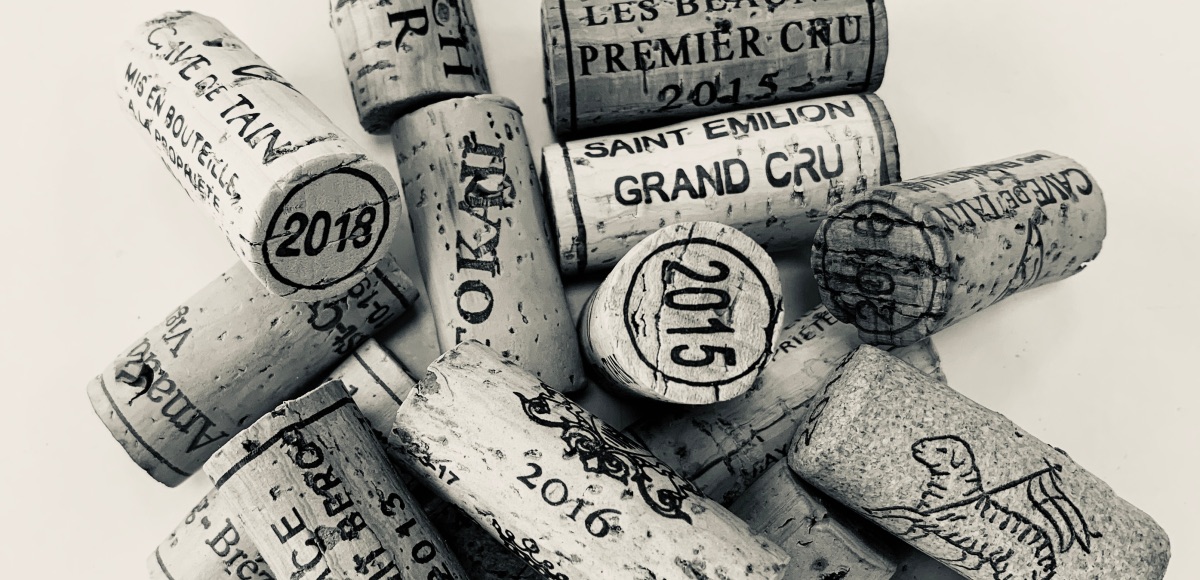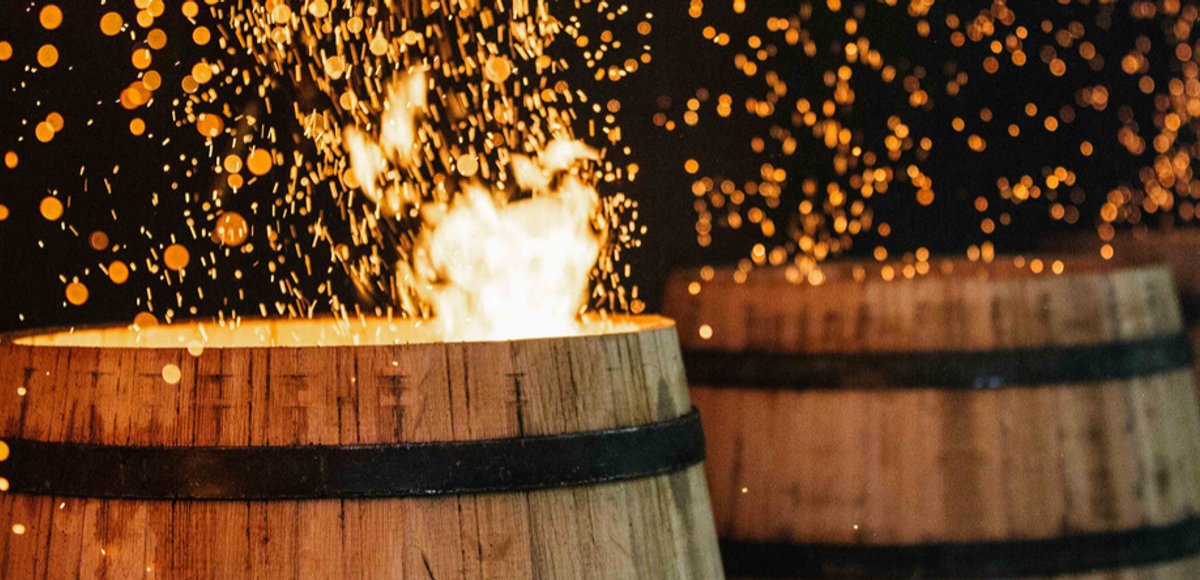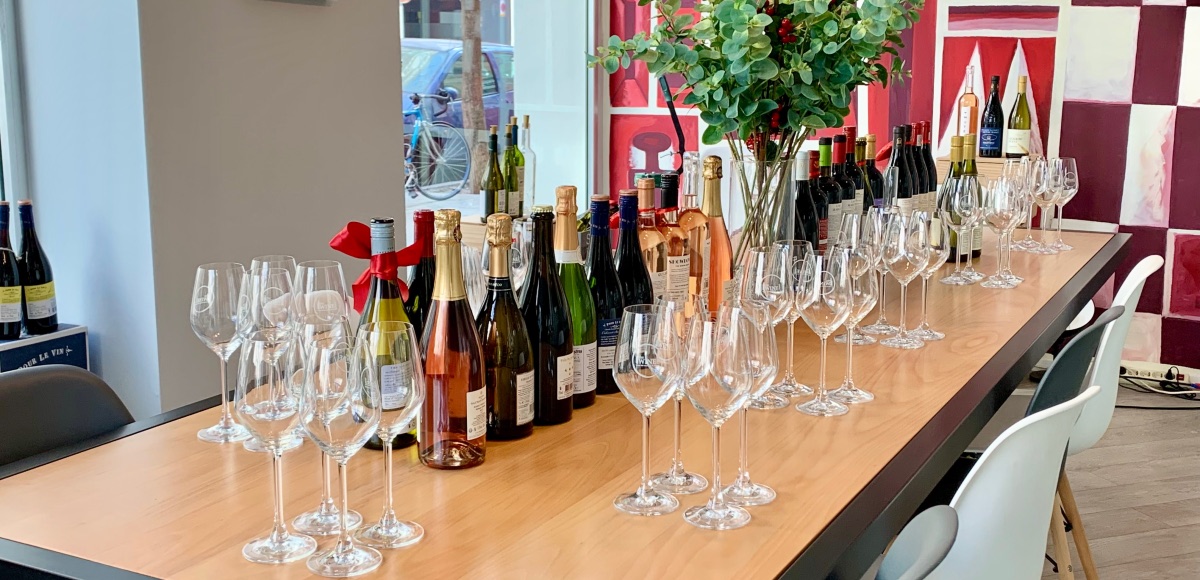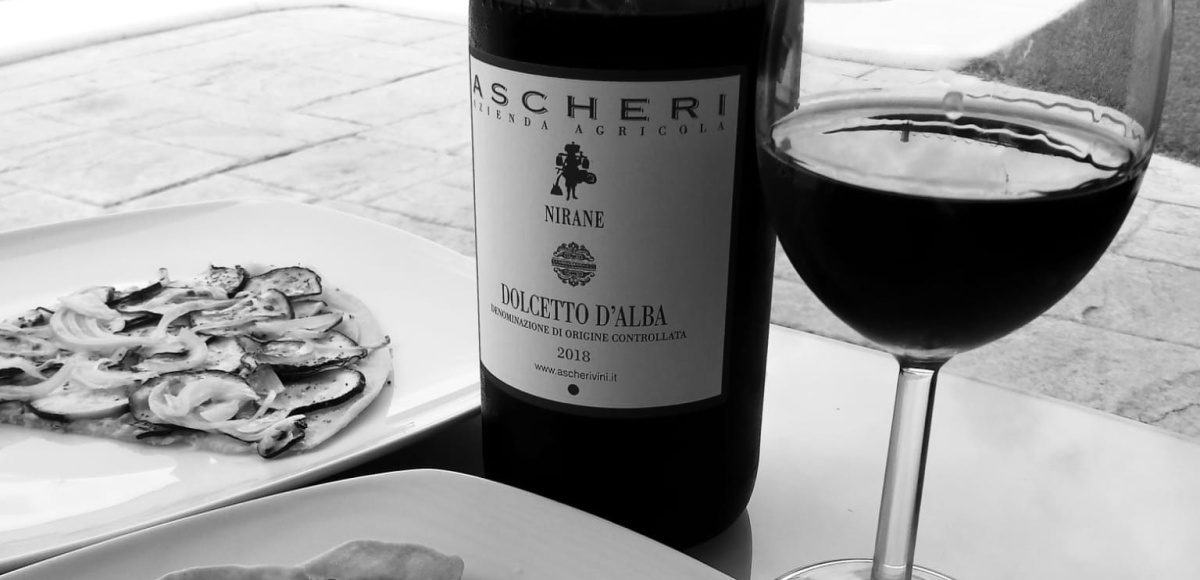How important is the vintage? It is both very important and not so important, depending on the region and the style of wine being made.
The vintage is the year that the grapes are grown and harvested. So if a bottle of wine has the year printed on the label means that the wine is from a particular vintage. Over the last few weeks the wine world has been eagerly anticipating, as it does every year, the release of the ‘en primeur’ or young wines from the 2019 vintage in Bordeaux. In this case the vintage is very important. However, if a wine does not indicate a vintage on the label it is probably a blend of wines from several vintages, as is the case with most Champagnes. Blended wines allow winemakers to maintain a house style and are not subject to vintage variation.
To ripen properly grapes need a combination of water, sunlight, warmth and cold in the right proportions at the right time. In general a good year is when a cold, wet winter is followed by a mild spring and a long dry summer with warm days and cool nights producing wines with a good balance of fruit and acidity. Whereas a bad year is when it is too cold during Springtime or too wet in summer for the grapes to ripen resulting in unbalanced wines. The variation in weather affects the growing conditions and consequently the ripeness and health of the grapes.
Where you tend you get more variation in quality is in regions where there is less predictable weather conditions. For example in Northern Spain in Rias Baixas and Ribera del Duero, the French regions of Burgundy and Bordeaux or the Mosel in Germany are all susceptible to much greater vintage variation than regions where the growing conditions are more predictable, such as Valencia, La Mancha, Sicily and Central Valley California.
When it comes to wines produced in larger quantities for well known brands by using modern technology and the ability to blend wines from different vineyards winemakers can produce relatively consistent quality of wine year after year. Consequently there is less vintage variation and the wine.
One of the most widespread misconceptions about all wine is that it improves with age. As a rule this is not so, most wines hold their quality for some time but they don’t improve. Choosing wine can be complicated enough without have to remember the vintage. So bear in mind that the majority of wine made today, probably 90%, is to be consumed between one and two years after the vintage. In general the quality of younger wines has improved greatly over the last twenty years and consumers want the drink wines immediately not store, hence the need to make wines for immediate consumption.
What happens to a wine when it is in bottle? Most well made wines will evolve over time, they will loose their primary fruit aromas but develop more mature flavours. Youthful, normally cheap, everyday wines will loose their primary fruit aromas and character more quickly leaving them tasting dull. When you pick up a bottle read the back label. Nowadays, many recommend the period within which the wine should be consumed.
If you are buying fine wines if you are not sure about something then ask, there should be assistance available from a knowledgable sommelier in a restaurante of person in a wine store. It is important to ask if a wine from a particularly year is read be drunk. Most fine wines are made to be aged so it takes time for them to reach their optimum maturity to be drunk.










